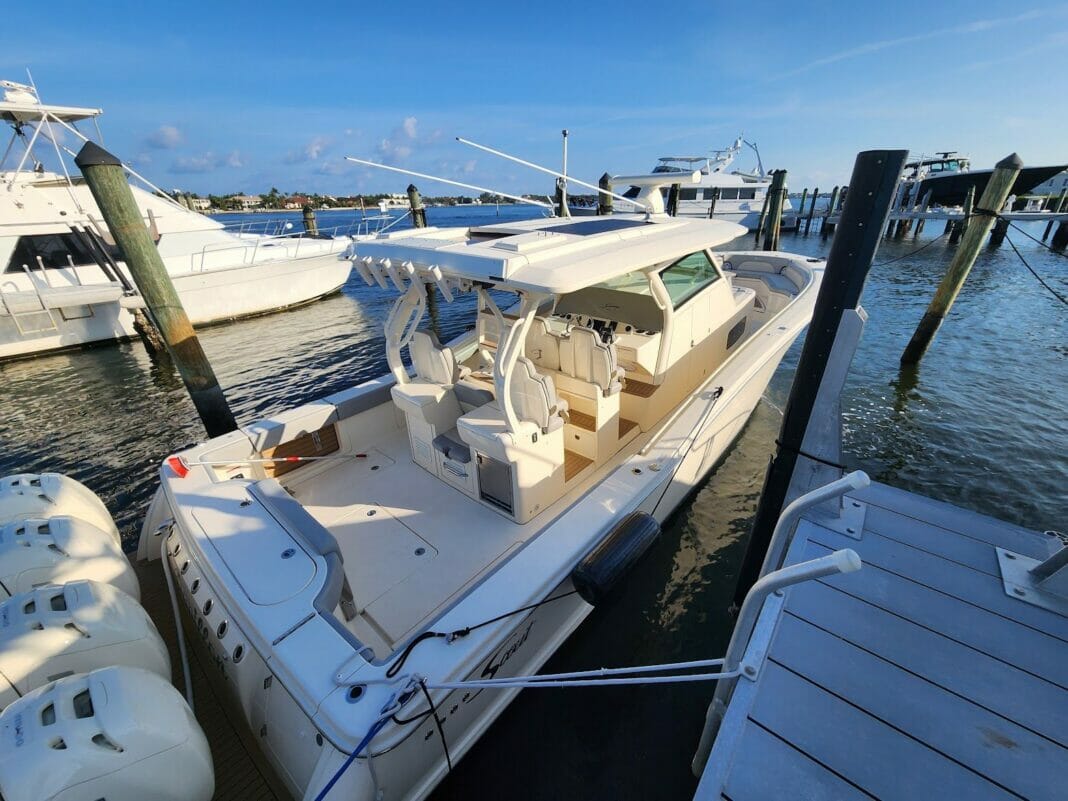Boating is an enjoyable pastime that offers moments of tranquility, exhilaration, and a sense of adventure. However, with that excitement comes a responsibility for the safety of not only yourself but also your passengers, nearby vessels, and the environment. Failure to comply with safety measures may result in accidents, property damage, and even loss of life. This article will discuss the essential aspects of boating safety, which every boat owner must understand and implement to ensure a safe experience for all.
Understanding Boat Maintenance
A well-maintained boat is vital for ensuring its safe operation. Proper maintenance encompasses both the boat’s structure and its various components, including the engine, electrical system, and safety equipment.
Engine Maintenance
Regularly checking and maintaining your boat’s engine is critical to ensure that it runs smoothly and efficiently. This includes:
- Checking for leaks in the fuel and oil systems
- Ensuring that the cooling system is working correctly
- Regularly changing the engine oil and filters
- Inspecting belts and hoses for wear and tear
Electrical System Maintenance
The electrical system on a boat can pose a severe risk if not appropriately maintained. Some essential tasks for ensuring a safe electrical system include:
- Inspecting wiring for damage or corrosion
- Checking battery terminals for any signs of wear, tear, or loose connections
- Testing the boat’s lighting systems, navigational equipment, and other electrical components to ensure proper functioning
Safety Equipment Maintenance
It is vital to periodically inspect and replace safety equipment on your boat, such as life jackets, fire extinguishers, and navigational lights. Ensuring that this equipment is in good working condition increases the probability of a swift and successful response in the event of an emergency.
Pre-Departure Preparation
Thorough pre-departure preparation is vital to ensure a safe and enjoyable boating experience.
Pre-Departure Checklist
A comprehensive pre-departure checklist is a valuable tool in preparing for your outing. This list should include:
- Ensuring that all required safety equipment is present and functional
- Examining the boat’s structure for any signs of damage
- Assessing the weather forecast and adjusting the trip plan accordingly
- Informing someone onshore of your intended route and expected return time
Safety Briefing
Before departure, it is essential to brief all passengers on the boat’s safety procedures, such as:
- The location of life jackets and other safety equipment
- Procedures to follow in the event of an emergency, e.g., man overboard or fire
- Basic boat operation principles, including the location of essential controls
Boating Rules and Regulations
Boat owners must familiarize themselves with local boating rules and regulations, including speed limits, no-wake zones, and any requirements for permits or licenses. Adherence to these rules helps to ensure not only your safety but also the safety of others on the water.
Licensing and Registration
In most jurisdictions, boats must be registered, and operators may be required to hold a boating license. It is crucial to comply with these regulations to avoid potential fines and penalties.
Navigational Rules
To prevent collisions and other mishaps, it is essential to follow the “rules of the road” for boating. These rules include maintaining a proper lookout, giving way to vessels in specific situations, and using appropriate navigational lights and signals.
Environmental Responsibilities
As a boat owner, you play a vital role in preserving the health and beauty of our waterways.
Pollution Prevention
Boat owners must take steps to minimize the potential for pollution from their vessels. Simple practices to prevent pollution include:
- Proper disposal of waste, including trash, oil, and sewage
- Using environmentally friendly cleaning products
- Reporting any observed pollution to appropriate authorities
Wildlife Protection
Boaters should be mindful of their impact on local wildlife, including:
- Maintaining a safe distance from marine animals, such as seals, whales, and dolphins, to prevent disturbance or injury
- Taking care not to damage sensitive habitats, such as seagrass beds or coral reefs, with boat anchors or propellers
Boating safety is the responsibility of every boat owner, encompassing proper maintenance, pre-departure preparation, adherence to rules and regulations, and environmental stewardship. By taking the time to understand these various aspects of boating safety, you can help to ensure that your time on the water is enjoyable, safe, and respectful to those around you and the environment.


